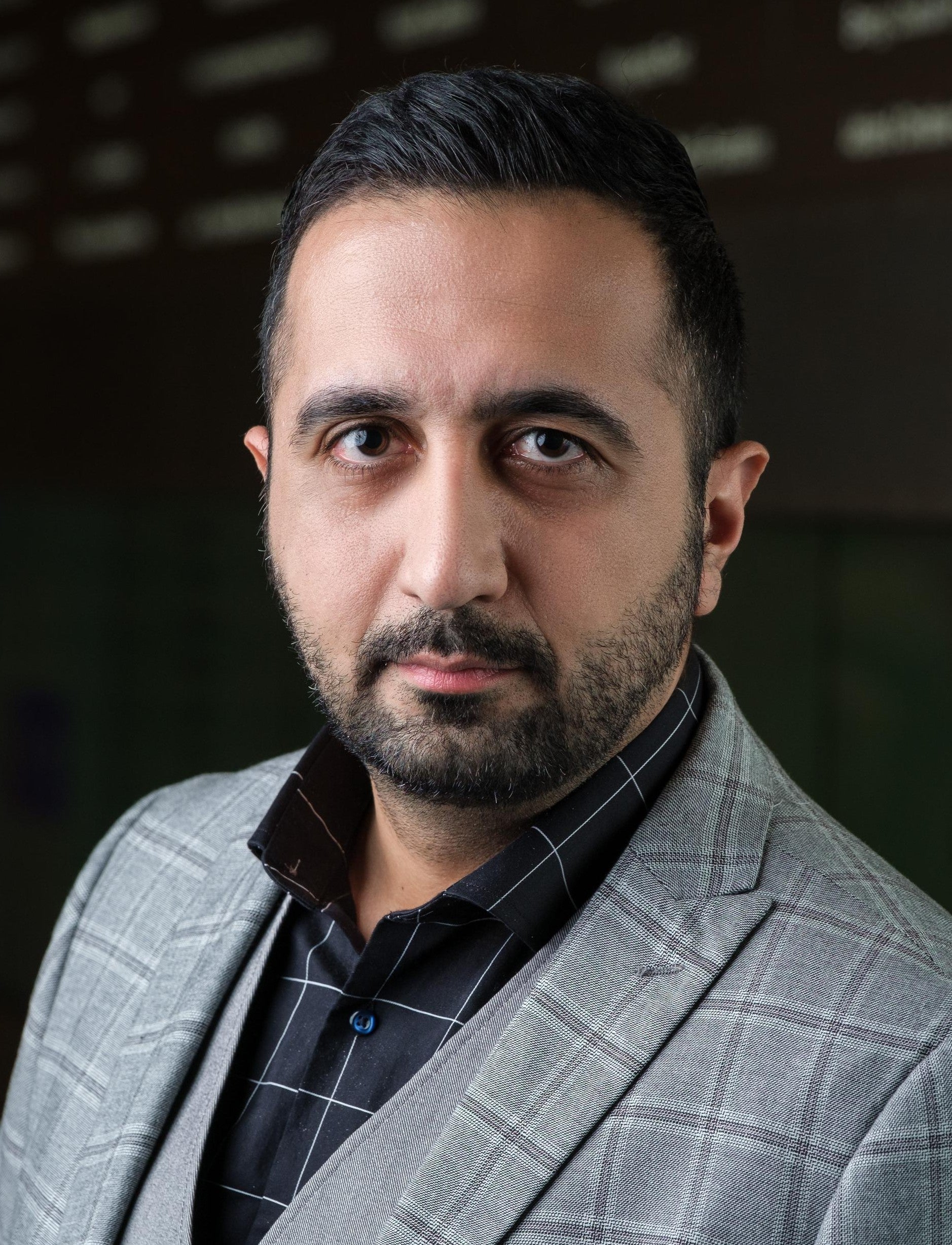Three projects led by Waterloo Engineering professors have each won $250,000 in funding through a federal competition designed to bring disciplines together to explore new research directions.
Parsin Haji Reza, Sushanta Mitra and Valerie Ward all made successful bids to the New Frontiers in Research Fund through the 2019 Exploration program to promote risk-taking and innovation.
They were among eight successful applications campus-wide at the University of Waterloo. Across the country, $46.3 million was awarded over two years to support 186 research projects.

Parsin Haji Reza is director of the PhotoMedicine Labs at Waterloo Engineering.
“The topics all share a unique interdisciplinary approach and the potential for game-changing outcomes in social, cultural, economic, health-related or technological areas that may benefit Canadians,” the government said in a media release.
Haji Reza, a professor of systems design engineering and director of the PhotoMedicine Labs, is developing non-contact, high-resolution technology to image the margins of surgical cavities to distinguish between cancerous and healthy tissue in real-time during operations.
“The outcome would be dramatically shortened operation times, increased throughput of surgeries per day per operating room, improved patient prognosis, and decreased anesthetic complications for patients,” according to a synopsis of the project.
Mitra, a professor of mechanical and mechatronics engineering, and executive director of the Waterloo Institute for Nanotechnology, proposed a project with co-principal investigator Na Young Kim, a Waterloo professor of electrical and computer engineering.
It involves a new mechanism to trap ions for quantum computing and quantum information processing, work that would “propel Canada as a global leader in delivering solutions for multi-qubit trapped-ion systems.”
Ward, a chemical engineering professor, submitted a project that involves work to reduce the cost of therapeutic proteins, or biologics, which in 2018 represented 10 of the top 25 top-grossing pharmaceuticals.
“If successful, this platform will be a major breakthrough in the field of protein biomanufacturing and drastically reduce the cost of biologics production, increasing the accessibility of these essential therapies to patients,” her proposal said.